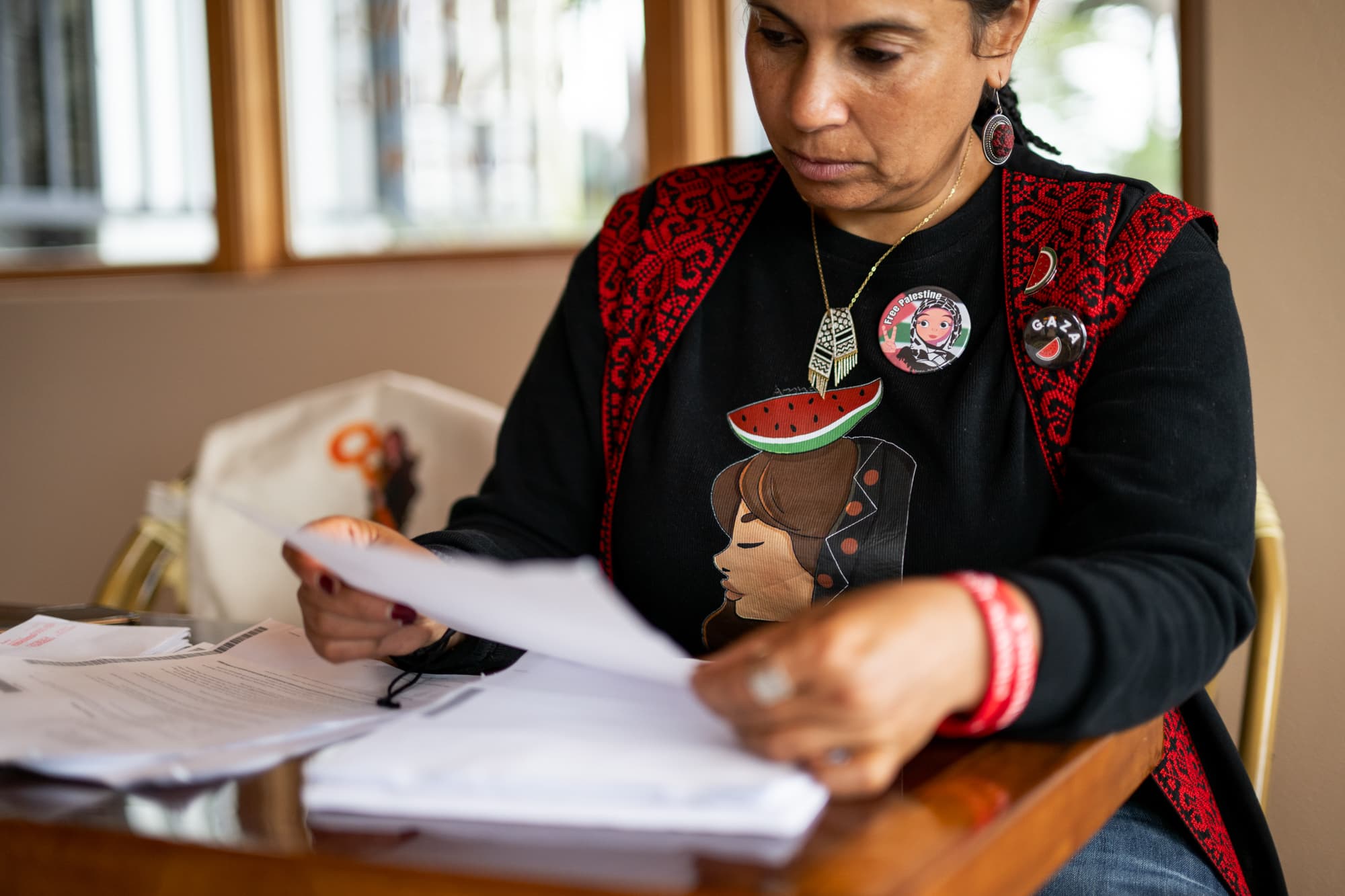US Humanitarian Parole for Palestinians Faces High Denial Rates Amid Gaza Crisis, Contradicting Claims of Lax Vetting

Washington D.C. – Recent reports indicate a high rate of denials for humanitarian parole applications filed by Palestinian-Americans seeking to bring family members from Gaza to the United States, despite the severe humanitarian crisis in the region. This trend directly contradicts recent social media assertions, including a tweet from "𝓣𝓮𝔁𝓪𝓼-𝓟𝓪𝓽𝓻𝓲𝓸𝓽-𝓢𝓪𝓻𝓰 🇺🇸", alleging that Palestinians are entering the U.S. via "rubber-stamped" visas and bypassed security vetting.Applicants to humanitarian parole are not given special treatment.They must demonstrate urgent humanitarian need and merit a favorable exercise of discretion.The U.S. Citizenship and Immigration Services (USCIS) processes humanitarian parole requests on a case-by-case basis, allowing individuals to temporarily enter the U.S. for urgent humanitarian reasons or significant public benefit. This is a discretionary measure, not an immigration visa, and requires applicants to demonstrate urgent need and merit a favorable exercise of discretion.According to a KQED report, Palestinian-Americans, such as Rolla Alaydi of California, have seen their applications for family members in Gaza largely denied. Alaydi's nieces' applications were rejected in June 2025, with USCIS stating they "failed to establish... urgent humanitarian reasons." Lawyers involved in Project Immigration Justice for Palestinians reported only three approvals out of approximately 2,000 cases filed over nearly two years, with the majority receiving "blanket denials." This suggests a rigorous, rather than lenient, application of parole criteria.The process for humanitarian parole involves multiple steps, including the submission of detailed documentation, financial support declarations (Form I-134), and mandatory security checks and biometrics for individuals aged 14 and older. USCIS guidelines emphasize that parole is not intended to bypass normal visa procedures and that a thorough review, including security vetting, is conducted for each case. Concerns raised in the tweet about "no real background checks, just biometric data that can be faked" and "scripted interviews" are not supported by official USCIS procedures or recent journalistic accounts, which instead highlight the difficulty and high bar for approval.The tweet also referenced "Soros-funded NGOs like 'Heal Palestine' greasing the wheels." Research into "Heal Palestine" reveals it is a non-profit 501(c)(3) organization founded in 2023 by Palestinian-American medical professionals. Its stated mission is to deliver humanitarian aid, such as medical supplies, food, and water, to people in Gaza, explicitly stating it is "non-political, non-religious, and non-military." There is no public information linking the organization to George Soros or to any activities involving facilitating U.S. immigration.While some U.S. lawmakers, including Senator Dick Durbin, have advocated for broader protections like Temporary Protected Status (TPS) or Deferred Enforced Departure (DED) for Palestinians, the current reality for individual humanitarian parole applications appears to be one of significant challenge and frequent rejection. The claims of mass, unvetted entry for Palestinians into the U.S. through humanitarian parole are not aligned with available information and recent reporting on the process.